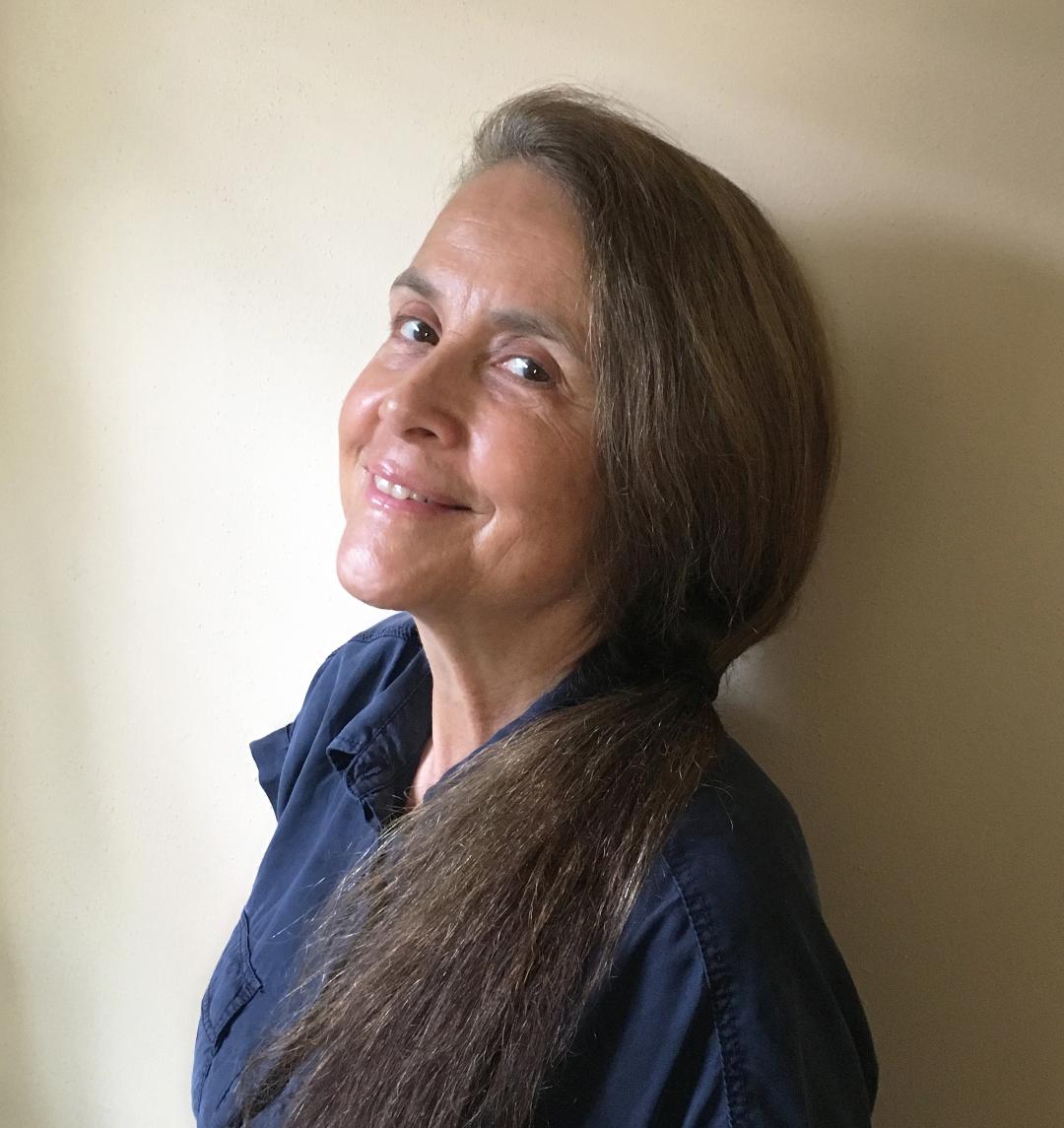Julie Cooper | April 23, 2021

The American Academy of Arts & Sciences has elected Naomi Shihab Nye, Texas State University professor of creative writing, as one of its newest members. She is among 250 people chosen by the American Academy this year, and the first ever elected from Texas State.
Nye said she was “deeply proud to be affiliated with Texas State and the students in Creative Writing.” Nye teaches graduate student workshops in creative writing and also has open workshops for students interested in writing fiction.
As a poet, novelist and songwriter, Nye has authored or edited more than 30 books, including three novels and 12 collections of poetry. In 2020 she was honored with a lifetime achievement award from the National Book Critics Circle. She has won four Pushcart Prizes, the Jane Addams Children's Book Award, the Paterson Poetry Prize and many notable book and best book citations from the American Library Association. She received the Robert Creeley Award in 2013 and received the 2013 NSK Neustadt Prize for Children's Literature.
Her collection of poems for young adults, “Honeybee,” won the 2008 Arab American Book Award in the children’s/young adult category. Her novel for children, The Turtle of Oman, was chosen both a Best Book of 2014 by the Horn Book and a 2015 Notable Children's Book by the American Library Association. Nye was named Young People's Poet Laureate by the Poetry Foundation in 2019 and was awarded the 2019 Lon Tinkle Award by the Texas Institute of Letters. Her most recent books of poetry include, Cast Away: Poems of our times (Greenwillow Books, 2020); The Tiny Journalist (BOA Editions Ltd, 2019); and Voices in the Air: Poems for Listeners (2018; Greenwillow Books, HarperCollins).
In 2018 Nye donated her literary papers to The Wittliff Collections at Texas State.
Founded in 1780, the American Academy of Arts and Sciences honors excellence and convenes leaders from every field of human endeavor to examine new ideas, address issues of importance to the nation and the world and work together “to cultivate every art and science which may tend to advance the interest, honor, dignity, and happiness of a free, independent and virtuous people.”
John Adams and John Hancock were founding fathers of the Academy along with 60 other scholar-patriots who understood that a new republic would require institutions able to gather knowledge and advance learning in service to the public good.
Related reading: Internationally acclaimed poet leads creative writing workshops
Share this article
For more information, contact University Communications:Jayme Blaschke, 512-245-2555 Sandy Pantlik, 512-245-2922 |
